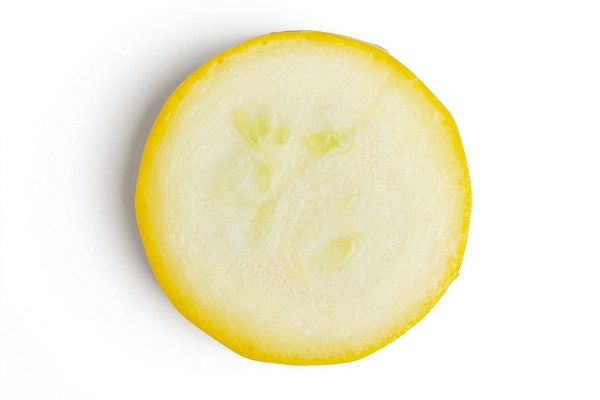Can Lotus Leaves Really Help in Liver Care Exploring the Health Benefits of this Ancient Herb
In the realm of traditional medicine and natural health remedies, the lotus leaf has long been esteemed for its myriad of health benefits. Often used in various Asian cultures, this leaf has gained popularity in the West as well. But can lotus leaves really help in liver care? Let's delve into the evidence and explore the potential health benefits of this ancient herb.
What is a Lotus Leaf?

The lotus leaf, also known as Nelumbo nucifera, is a plant native to Asia, Africa, and Australia. It is known for its stunning appearance, with large, round leaves that float on the water surface. These leaves have been used for centuries in traditional Chinese medicine, Ayurvedic medicine, and other folk remedies.
The Liver and Its Importance
The liver is a vital organ that performs numerous essential functions in the body, such as filtering blood, producing bile, and metabolizing nutrients. It is also responsible for detoxifying harmful substances and waste products. Therefore, maintaining liver health is crucial for overall well-being.
Potential Health Benefits of Lotus Leaves for the Liver
1. Antioxidant Properties
Lotus leaves are rich in antioxidants, which help combat free radicals and reduce oxidative stress. This can be beneficial for liver health, as oxidative stress is a known factor in the development of liver diseases such as hepatitis and cirrhosis.
2. Anti-Inflammatory Effects
Inflammation plays a significant role in the progression of liver diseases. Lotus leaves have been shown to possess anti-inflammatory properties, which may help reduce inflammation in the liver and improve its function.
3. Detoxifying Abilities
The liver's primary function is to detoxify harmful substances. Lotus leaves are believed to aid in this process by promoting the elimination of toxins from the body, thereby supporting liver health.
4. Antiviral and Antimicrobial Activities
Lotus leaves have demonstrated antiviral and antimicrobial properties, which may be beneficial in treating viral hepatitis and other infectious liver diseases.
5. Potential for Liver Protection
Research suggests that the compounds found in lotus leaves may have a protective effect on the liver. This could be due to their ability to reduce oxidative stress, inflammation, and the formation of liver fibrosis.
How to Incorporate Lotus Leaves into Your Diet
To reap the potential health benefits of lotus leaves, you can incorporate them into your diet in several ways:
- Tea: Dried lotus leaves can be used to make a soothing and aromatic herbal tea.
- Cooking: Fresh or dried lotus leaves can be used as wraps or in soups and stews.
- Supplements: Lotus leaf supplements are available in various forms, such as capsules and powders.
Conclusion
While more research is needed to fully understand the potential health benefits of lotus leaves for liver care, the available evidence suggests that this ancient herb may offer several advantages. Incorporating lotus leaves into your diet, either through tea, cooking, or supplements, could be a natural way to support liver health and overall well-being. However, it's always best to consult with a healthcare professional before starting any new supplement or treatment.









